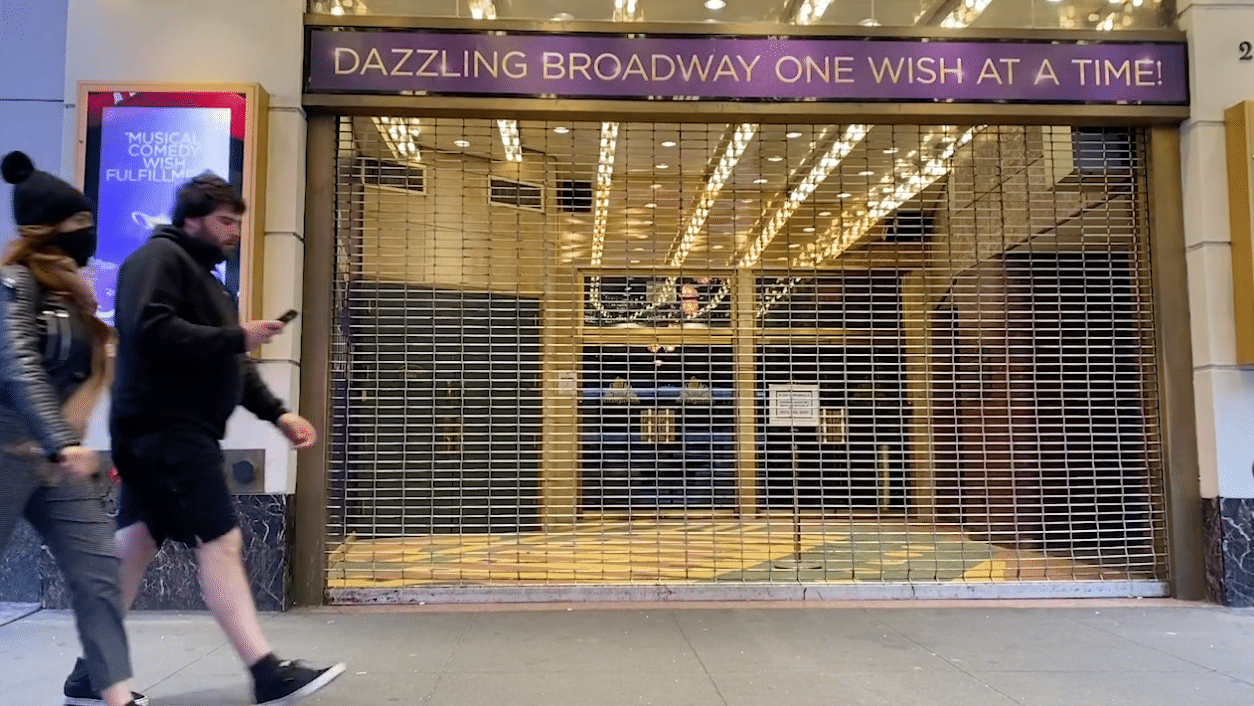Data shows that social media harms younger teens, specifically girls. Photo by Thought Catalog on Unsplash.
When Alexandria Casella joined Instagram at eleven years old, she didn’t care about what her Instagram feed looked like. But as she got older, she began paying more attention to her pictures and the number of likes she got. “I started to feel like I had to make it look like I was doing more than I really was, but it never affected me that deeply. I would give myself a reality check and say it literally doesn’t matter,” she said. Now twenty-one and a student at the Fashion Institute of Technology she understands the power of images. “Being surrounded by design and constant creativity, on and off social media, really makes you think about how people perceive you,” she said.
The negative impact of social media on young girls became front-page news when Facebook whistleblower Frances Haugen disclosed data that shows how social media harms younger teens, specifically girls. Haugen released internal information about how the company harms children and creates division among age groups. She testified before Congress in October 2021 that Facebook hides this information from the public to prevent the risk of damaging the network’s reputation. Haugen is fighting for Facebook and Instagram, which Facebook owns, to be held accountable. She demands that it’s time for Facebook to start prioritizing people’s safety over its profits and make some changes.
Those of us who use social media may know that apps like Facebook and Instagram can affect our mental health. Haugen revealed research done by Facebook that shows 13.5 percent of teenage girls said Instagram increased their suicidal thoughts and 17 percent said it worsened their eating disorders. Researchers have found increases in measurable behaviors like suicide in males and females, and emergency-department admissions for self-harm in girls, according to the Journal of the American Medical Association. “From 2010 to 2014, rates of hospital admission for self-harm did not increase at all for women in their early 20s, or for boys or young men, but they doubled for girls ages 10 to 14.”
Apparently when Mark Zuckerberg bought Instagram in 2012, Facebook had no intention of taking a healthy platform and making it toxic to its users. “Mark Zuckerberg’s company actually made few major changes in its first years of owning the photo-sharing app, whose users have always skewed younger and more female. The toxicity comes from the very nature of a platform that girls use to post photographs of themselves and await the public judgments of others,” according to Pew Research center. Haugen disagrees with this and says Facebook research found “Teens blame Instagram for increases in the rate of anxiety and depression [and] thirty-two percent of teen girls said that when they felt bad about their bodies, Instagram made them feel worse,” according to an exposé from the Wall Street Journal.
Mark Zuckerberg changed his company’s corporate name to Meta and plans to expand past social media and build a metaverse, a virtual reality internet. Haugen says this will bring on a whole new set of potential dangers to society. People will be spending their day checking to see who has a better outfit, job or house because everything will be published in the metaverse. In a way, our lives are already like this. With apps like TikTok and Snapchat users post vlogs and “A Day in the Life” videos that set unrealistic expectations of what it’s like the be a teenager and young adult in the world we live in. People only share the best parts of their days and make it seem like their entire lives are perfect.
Justin Salas, 32, believes this reflects our society’s emphasis on money. “Zuckerberg has all the money he can need, yet he’s still driven by the profit motive and sees the millions of people that have been affected negatively by his company’s action as dollar signs in his bank account,” he said. Salas thinks Facebook’s negligence also involves all the misinformation that it allows about vaccines, elections, critical race theory and more. “It’s unfortunate that nothing will come out of Haugen’s case because there would have to be fundamental change about the way Facebook operates and I don’t think that will happen unless there is governmental intervention,” he said.
In reaction to the toxicity of Facebook and other social media sites, Haugen wants to start a youth movement. She says she is “…envisaging it as a campus-based movement where students could help teens deal with internet-related problems their parents might not understand, like app addiction.” More than this, the movement would encourage teens to fight for a “just and equitable social media.” Haugen plans to take it a step further and work with academics and engineers to build a “simulated social network.” Unlike Facebook, she knows the necessity of running experiments before implementing change and potentially adding more harm to the already existing social media.
Tags: anxiety CCNY Journalism Cuny depression Facebook Frances Haugen Instagram Mark Zuckerberg Meta Snapchat Social Media The City College of New York TikTok toxic culture toxic social media whistleblower






